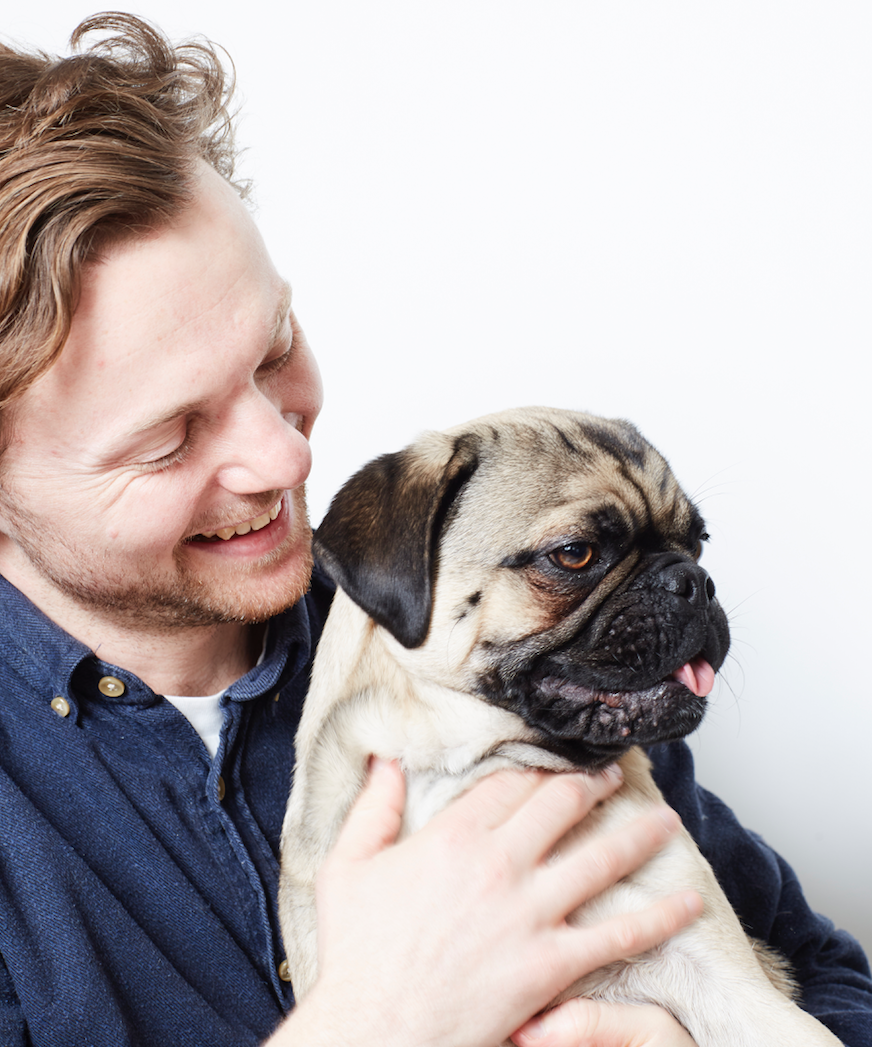
The rise of the Pandemic Pet
It goes without saying that COVID has impacted the world beyond everyone’s expectations. However our pets are a group that have been easy to forget and the pandemic has had a big impact on them too. While our daily routines and activities have been shuffled, so have theirs. In this post we take a look at some considerations for our furry family members during this pandemic from a vet’s perspective.
You’re spending a lot more time at home, isn’t that good?
This is great in many scenarios, it means your pet gets more time with you! At VetBox many of our pets have been thrilled to have us at home more. It means we’ve been playing a lot more fetch and going for many more walks. Some of us are getting a lot more exercise, which includes our pets! While this can be a good thing, it’s important to realise that this can also have some less desirable effects.
We may see more cases of separation anxiety
Pets, particularly dogs, that have gotten used to their humans being home all day have been showing increased signs of anxiety when the owners do have to leave the house. Having a plan for re-adjusting your dog to alone time once your schedule starts to change again will be an important planning tip for pet parents as 2021 progresses. Gradual transitions in routine are best to decrease anxiety. Ensuring they have had appropriate attention and exercise prior to leaving the house is helpful. Doing your best to maintain some of the good habits you have developed while being home more will make it an easier transition for your pup!
Cats love you, but might not be thrilled you’re around so much
Some cats have been happy to have their humans around more, with some enjoying a warm body to cuddle. It’s important to remember however that cats are creatures that are VERY easily stressed. Even the smallest changes in routine can cause significant anxiety.
You may not realise your cat is stressed, as they mask this well and often display behaviours owners don’t associate with stress. More obvious behaviours may be urinating outside the litter tray or outward displays of displeasure (scratching or biting), but things as simple as hiding more, avoiding you, decreased food consumption, or increased altercations with housemates can be a sign of stress.
Being sure to provide enrichment and stress relief for cats is just as important as dogs, so here are our top tips:
- Puzzle feeders allow cats to harness their inner hunter and work for their food.
- Automated toys can provide entertainment to your kitty if you are swamped with work or home school.
- Make sure you cats have a “safe space” where they can be alone and feel safe (i.e. a gated off room, an area with a bed and scratching post, etc.) so they have a quiet place to decompress.
- Using anti-anxiety nutraceuticals may benefit your cat. We’re fans of the pheromone spray “Feliway” which neutralises scents that cause stress to cats. This comes in a spray, a plug-in diffuser, or a wipe and is safe to use anywhere. Feliway can be purchased online at retailers like Amazon
People are bringing home new puppies and kittens in high numbers
Many homes are adopting new pets because they have more time to care for them during the pandemic. This is fantastic as rescues/shelters have been able to take in and adopt out more animals, but also means that vet clinics have seen another upswing in appointments.
Due to vet clinics incredibly busy during COVID, it can be challenging to get non-emergency appointments. This has improved with time, but still remains a challenge. Veterinary professionals are doing their best to accommodate everyone but it can cause frustration.
Levels of infectious disease are a concern
Many areas have seen outbreaks of infectious diseases such as distemper virus and parvovirus because people bringing home new puppies are not taking them for vaccination boosters at the right time (or at all). This may be because people are finding it harder to get a vet appointment, people are being encouraged to stay home for lockdowns and because people are not informed as to the repercussions of missing these crucial juvenile vaccinations.
A lack of vaccinations also means pandemic puppies are at risk of inappropriate socialisation. For more information on socialisation and behaviour, our Puppies series iscoming soon
The pandemic has given us a great chance to spend lots more time with our pets. It’s essential to remember we need to help them adjust as we do too, so we all can get through these strange times together.
VetBox top tip: Be sure to get your puppy and kitten their booster vaccinations and parasite preventatives on time to avoid serious diseases. Plan ahead when considering timing of appointments to give yourself, your pet, and your vet the best chances to work out a plan. To tick one thing off the list, VetBox delivers a monthly box of parasite treatments tailored to your pet. Get started now.
Dr. Kirsten Ronngren, DVM MRCVS
Vet at VetBox